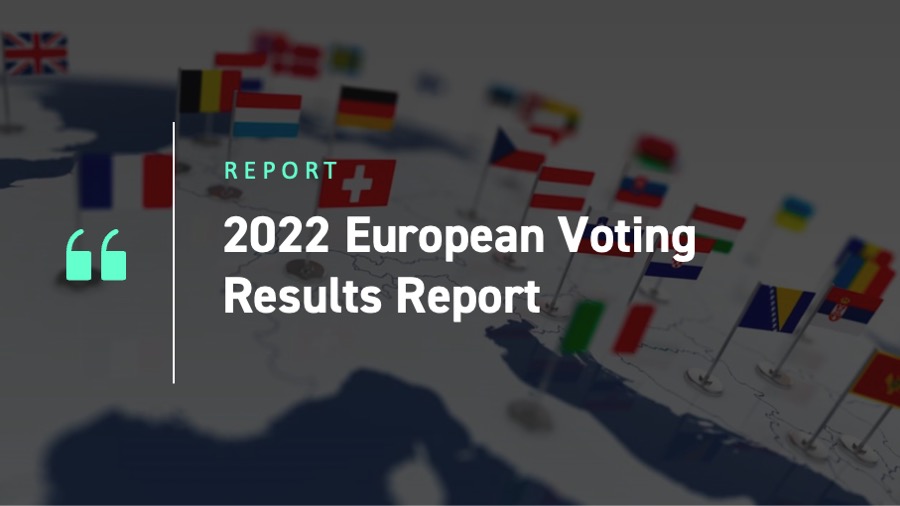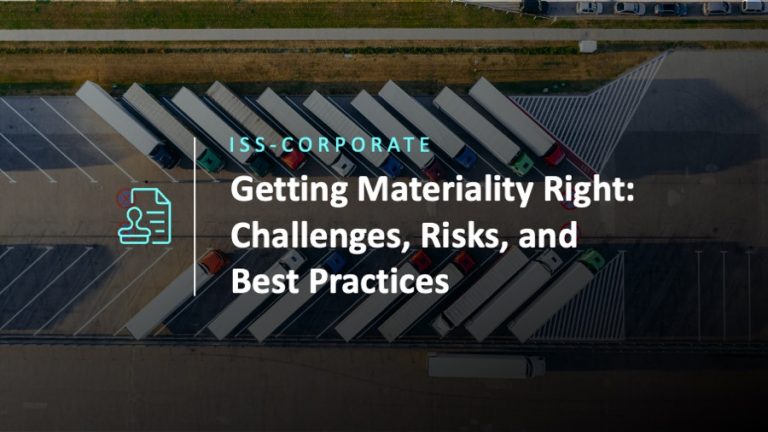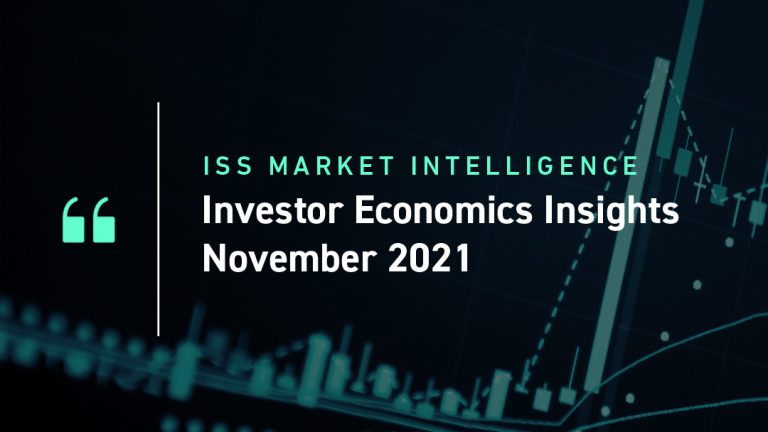Below are key takeaways from ISS’ recently released 2022 European Voting Results Report. The full report is available to institutional subscribers by logging into ProxyExchange then selecting the Governance Exchange and its Report Center tab and to corporate subscribers by logging into Governance Analytics then selecting the Governance Exchange and the Report Center tab.
This report is the fifteenth of an annual report series that ISS started in 2008. The report’s main purpose is to document and explain current and longer-term trends of voting outcomes at shareholder meetings across Europe. The study includes 17 European markets, with the sample covering shareholder meetings that took place between January 1 and June 30 (July 31 for 2021) of each year at main index companies in these markets.
Vote Results Disclosure
In 2022, 96.4 percent of companies included in this study disclosed their full voting results. This figure remains at a level close to the all-time high observed in 2021 of 96.5 percent, despite Swedish companies disclosing half as much as they did in 2021. This exceptional 2021 level was linked to the implementation of a temporary legislation enabling all Swedish companies to use postal votes and requiring the companies that elect for this option to disclose a full account of results. Despite the law being prorogated for 2022, Swedish companies made a smaller use of it than in 2021. However, the drop witnessed in Sweden was largely offset by the increase in vote disclosure seen in Ireland and Finland.
Voting Participation
The European average turnout kept increasing in 2022, to reach an all-time high at 71.4 percent i.e., 0.5 pts above previous year. This also represents a 0.9 pts increase compared to 2019, prior to the implementation of the EU 2017 Shareholder Rights Directive (SRD II) and the new rules on information sharing between the parties involved in the voting chain. SRD II, which has applied in full since September 2020, included measures aimed at facilitating the flow of information between participants in the voting chain. Although it appeared that these new rules did not have a major impact on the proportion of shares voted at general meetings in 2021, the steady increase in participation could suggest a more long-term impact.
Size and Composition of Meeting Agendas
The size of European agendas remained stable from 17.8 proposals per company in 2021 to 17.7 in 2022. This plateau comes after an increase in 2020 mainly due to the adoption of SRD II-compliant say-on-pay votes.
Voting Results
The proportion of management proposals recording significant free float dissent (25 percent or more) decreased for the first time since 2019 at the European level. At the same time, the median free float dissent level remained stable, which would imply that shareholder dissent remained generally at a similar level, despite a lower number of highly contentious proposals that receive the strongest levels of dissent.
Remuneration and Say-On-Pay Votes
- SRD II-compliant remuneration reports were voted in Germany and Norway for the first time in 2022. The level of dissent observed in Germany for this first occurrence ranks among the highest in Europe, with a median free-float dissent reaching 21.6 percent, and 45.0 percent of the proposals recording a free-float dissent of more than 25 percent.
- Free-float dissent on remuneration reports decreased compared to 2021 in 10 of the markets covered by this analysis that have a basis of comparison with previous years. The factors driving the higher level of dissent in 2021, before coming back to 2020 levels this year, were likely du in part to the difficulties encountered by some companies to justify some specific pay practices such as the use of board discretion in a context that affected shareholder returns, potentially contributing to a misalignment between managers’ pay levels and shareholder returns.
Climate-Related Proposals
- Management-sponsored votes on climate strategies were proposed at 31 companies in 2022. This type of proposal increased significantly on European agendas where it appeared at 13 companies in 2021 and only one in 2020 over the same period. The financial services industry was a major sector to file these proposals this year, whereas last year, nearly all issuers proposing such a vote operated in heavy carbon emitting sectors.
- The median free float dissent on management say-on-climate proposals increased from 4.7 percent in 2021 to 19.4 percent in the 2022 proxy season. This sharp increase could indicate that investors raised their expectations after the first few occurences of management-backed say-on-climate proposals in 2021, whether in terms of emission disclosure, long-term commitment, or reporting. This seems especially the case in carbon intensive activities such as mining or oil and gas, where the levels of dissent ranked the highest, despite none of the proposals being rejected.
Shareholder Proposals
- The number of companies targeted in European markets was 28, excluding Sweden where this number is more variable. It is the same level as 2021 and a usual number compared to historical levels.
- The number of companies targeted by environmental proposals slightly increased in 2022, with eight companies concerned. Considering that 31 companies proposed management-sponsored say-on-climate proposals, the total number of companies where shareholders were able to express an opinion on the company’s climate strategy increased further in 2022.
If you are not a subscriber, please contact sales@issgovernance.com (for institutional investors) or contactus@isscorporatesolutions.com (for corporations) to learn more about accessing bespoke governance research.
By: Paul Guiziou, Vanessa Horsinka, Sofian Ounaha




